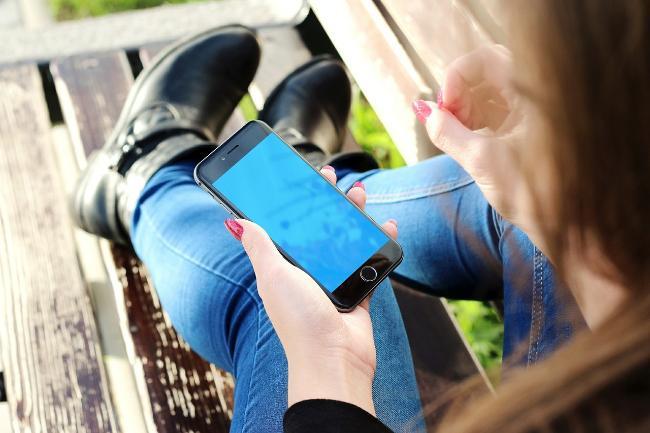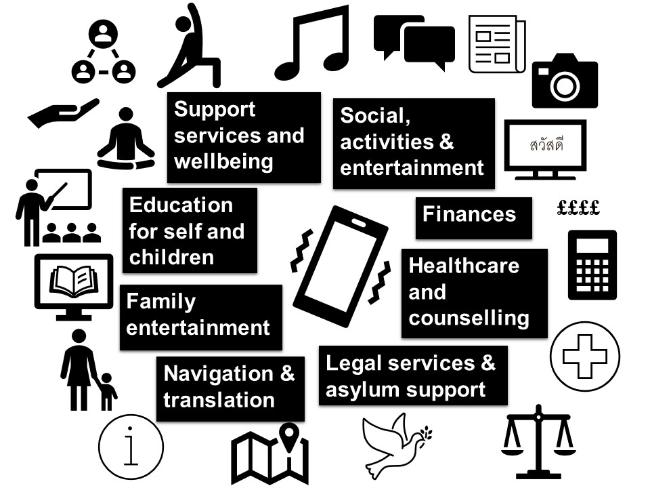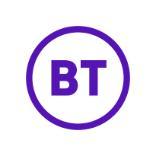Tackling digital exclusion for survivors of modern slavery

People rely on mobile phones and the internet to access many different services and communicate with each other. However, for survivors of modern slavery, safe access to this technology is challenging.
About the research
Anti-slavery charity, Unseen UK, and the telecommunications company BT, developed a project to provide smartphones and access to data packages to survivors of modern slavery and human trafficking.
In the UK the National Referral Mechanism (NRM) is a framework for support and identification of potential victims of modern slavery. Where people are referred to the NRM, two teams based in the Home Office make decisions in relation to the potential victim.
Where there are reasonable grounds to conclude the individual is suspected to be a victim of trafficking they will be eligible to access emotional and physical support, advice and safe accommodation.
Researchers from NIHR ARC West/Elizabeth Blackwell Institute at University of Bristol evaluated the impact that access to smartphones could have on the mental health and wellbeing of survivors, supported by Unseen.
Seventy-four survivors received a smartphone, SIM card and pre-paid credit that allowed calls, texts and a monthly 4GB data bundle for six months.
Twenty-seven survivors were interviewed from fifteen different nationalities, and 12 Unseen staff completed a survey about their perceptions of the impact that smartphones had.
Survivors were also asked to complete a capability wellbeing measure (ICECAP-A) at the start and end of the project. This is a holistic quality-of-life measure that focuses on a person’s current experience of independence, security, love and friendship, achievement and enjoyment.
Policy implications
- Policy makers should see access to technology as an essential, standard part of survivor support and provide this to meet survivors needs.
It is possible and beneficial to survivors’ integration to offer and support the safe use of mobile technology as part of their recovery.
Suitable technology packages should be made available to all survivors after safety planning, technology training and a risk assessment. This should be offered when survivors access the National Referral Mechanism and the Modern Slavery Victim Care Contract.
- Unlimited data would enable survivors to benefit fully from technology.
Unlimited data allowances would improve the positive impact technology has on survivors’ lives. It would enable survivors digital access for all their education, wellbeing, communication and childcare needs.
Access to unlimited data would prevent survivors having to make difficult choices about what to access and avoid stress and anxiety.
- Survivors, service providers and government need to work together to develop the most suitable technology support packages.
More projects working with survivors would give us better evidence about what survivors need to support their recovery. This evidence could identify best practice and inform government support for survivors.
Key findings
Smartphones improved survivors’ wellbeing and were very valuable for support, integration and access to services.
Smartphones helped survivors develop the skills needed to move towards independent living, accessing services and education, and finding their way around systems and local areas.
Support staff play a key role in the success of survivors being able to use smartphones safely and confidently. Survivors had online safety training and could access help from their support workers to understand how to use the technology where needed.
Survivors used their phones to access many different services and forms of support.
Because I’ve got stressed for every single minute, but if I have my phone… [I] take yoga or …to feel happy… something funny [to watch] … if I’m using it like that, after I feel better, you know. If I don’t have my phone I feel crazy, honestly.

College makes me happy, it was my dream to go, volunteering also is so good. The phone has meant I can carry on through lockdown.
What's next?
We are linking with others who are working and researching in this area, to develop plans for how technology can be integrated into support packages in a cost-effective way, to support policy development.
Further information
Malpass, A., Garbers, K., Saunders, L., Horwood, J., McLeod, H., Anderson, E., Farr, M. (2022) Overcoming digital exclusion during the COVID-19 pandemic: impact of mobile technology for survivors of modern slavery and human trafficking- a mixed method study of survivors and support service provider views. https://doi.org/10.1080/23322705.2022.2050991
Download the evaluation report ‘Impact of mobile technology for survivors of modern slavery and human trafficking: A mixed method study’ (PDF) from the Unseen website.
Watch the project video https://youtu.be/Sicf9RGsbnA
This research was supported by the Elizabeth Blackwell Institute, University of Bristol, the Wellcome Trust Institutional Strategic Support Fund, the Rosetrees Trust and the National Institute for Health and Care Research (NIHR) Applied Research Collaboration West (NIHR ARC West). The views expressed are those of the authors and not necessarily those of the NIHR or the Department of Health and Social Care.
Authors
Alice Malpass, Jeremy Horwood, Hugh McLeod, Michelle Farr, National Institute for Health Research Applied Research Collaboration (ARC West), University of Bristol
Kate Garbers, Unseen (former role, now University of Nottingham)
Lauren Saunders, Unseen
Eric Anderson, BT (former role)
Policy briefing 114: April 2022
Tackling digital exclusion for survivors of modern slavery (PDF, 651kB)
Contact the researchers
Dr Michelle Farr, NIHR ARC West and University of Bristol m.farr@bristol.ac.uk
Lauren Saunders, Unseen l.saunders@unseenuk.org
Kate Garbers kate@kategarbers.com
![]()


![]()

